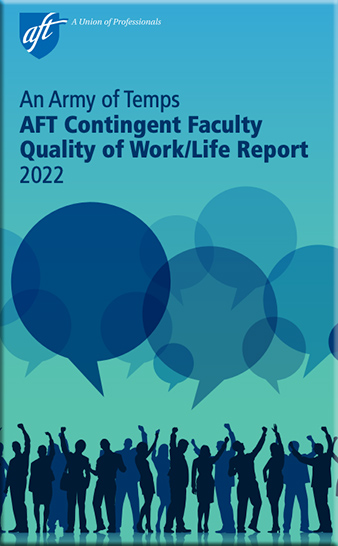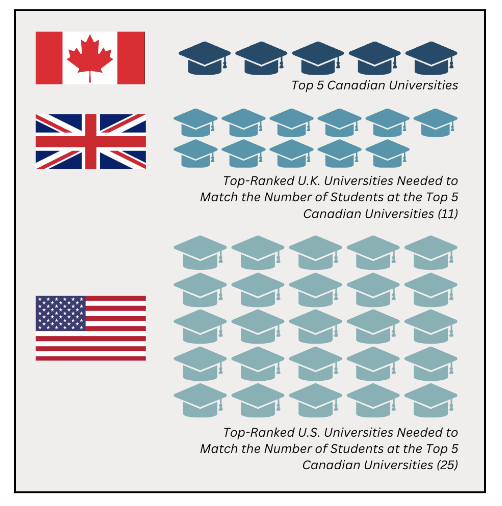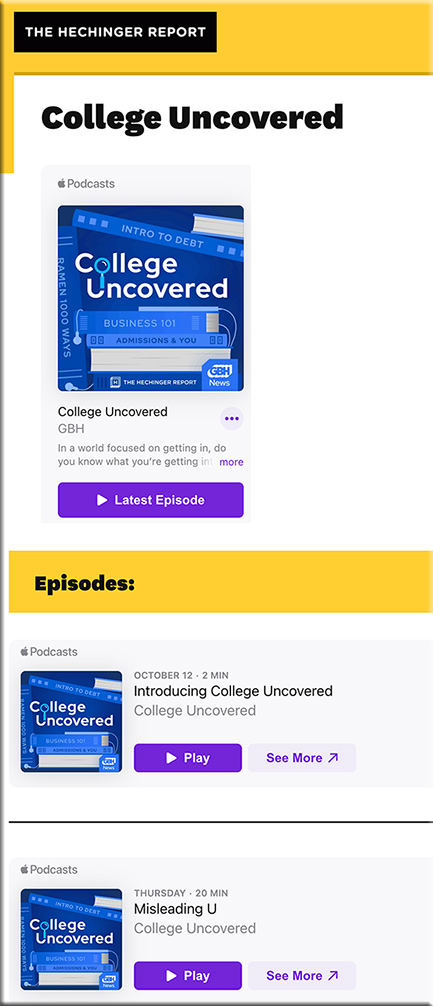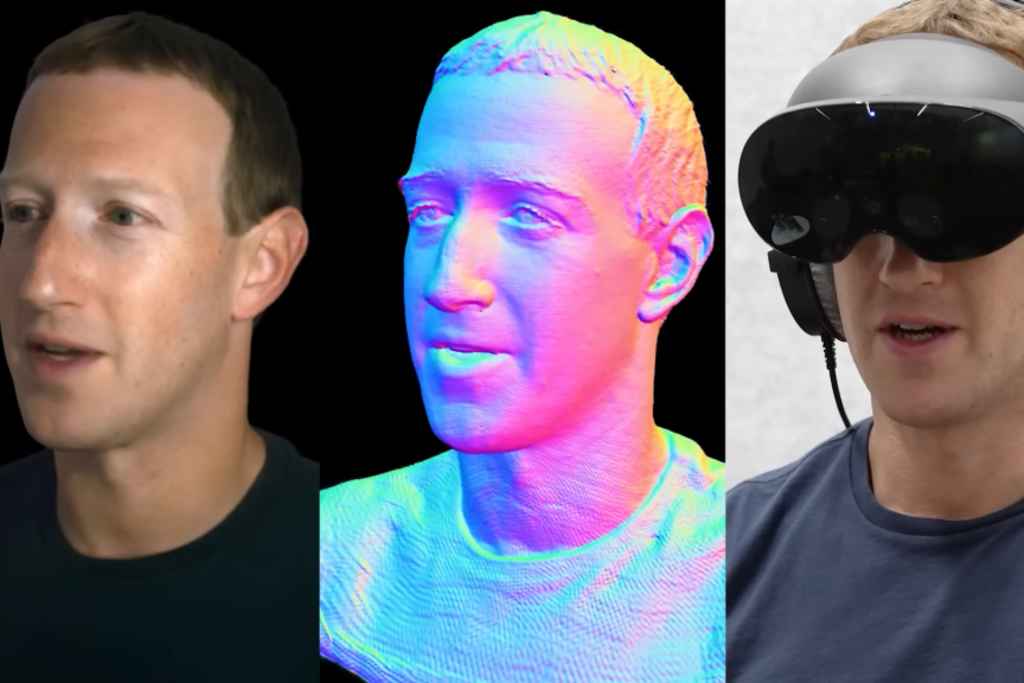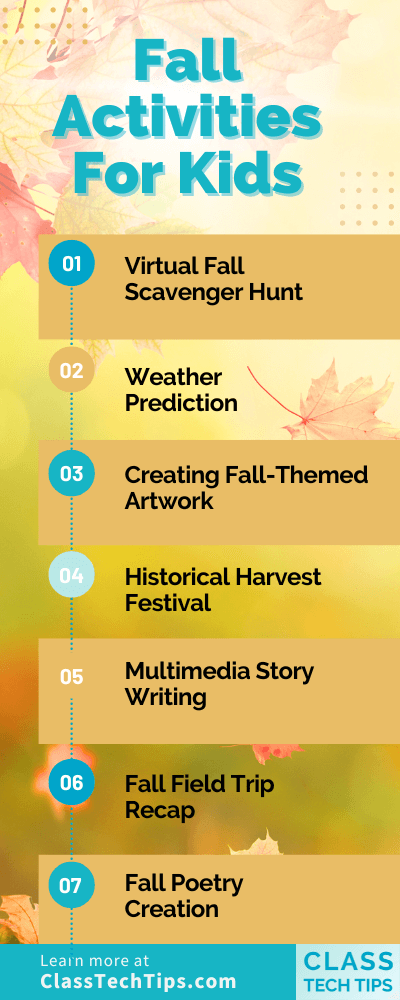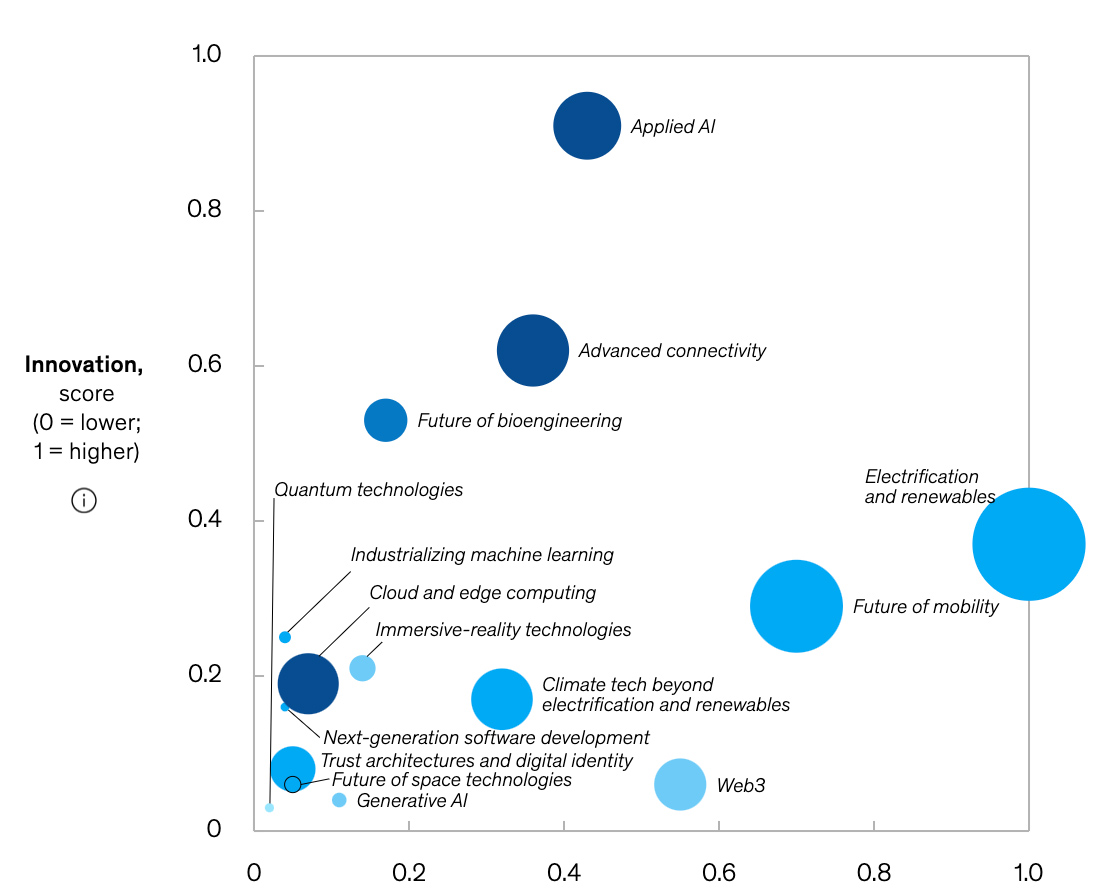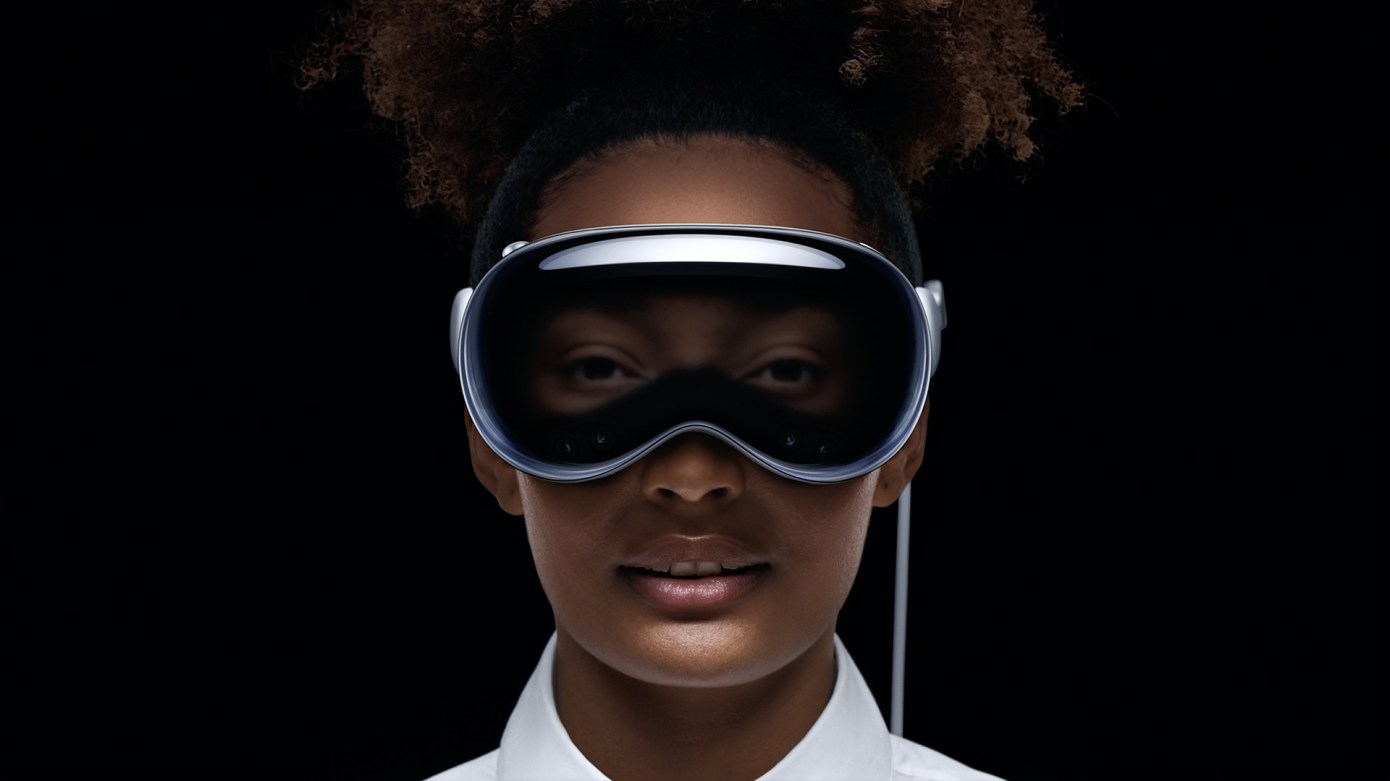From DSC:
This first item is related to the legal field being able to deal with today’s issues:
The Best Online Law School Programs (2024) — from abovethelaw.com by Staci Zaretsky
A tasty little rankings treat before the full Princeton Review best law schools ranking is released.
Several law schools now offer online JD programs that have become as rigorous as their on-campus counterparts. For many JD candidates, an online law degree might even be the smarter choice. Online programs offer flexibility, affordability, access to innovative technologies, students from a diversity of career backgrounds, and global opportunities.
Voila! Feast your eyes upon the Best Online JD Programs at Law School for 2024 (in alphabetical order):
- Mitchell Hamline School of Law – Hybrid J.D.
- Monterey College of Law – Hybrid Online J.D.
- Purdue Global Law School – Online J.D.
- Southwestern Law School – Online J.D.
- Syracuse University – J.D. Interactive
- University of Dayton School of Law – Online Hybrid J.D.
- University of New Hampshire – Hybrid J.D.
DSC: FINALLY!!! Online learning hits law schools (at least in a limited fashion)!!! Maybe there’s hope yet for the American Bar Association and for America’s legal system to be able to deal with the emerging technologies — and the issues presented therein — in the 21st century!!! Because if we can’t even get caught up to where numerous institutions of higher education were back at the turn of this century, we don’t have as much hope in the legal field being able to address things like AI, XR, cryptocurrency, blockchain, and more.
Really cool stuff here. This is the present and future of law. https://t.co/qZGACAsX1S
— Colin S. Levy (@Clevy_Law) February 20, 2024
Meet KL3M: the first Legal Large Language Model. — from 273ventures.com
KL3M is the first model family trained from scratch on clean, legally-permissible data for enterprise use.
Advocate, advise, and accompany — from jordanfurlong.substack.com by Jordan Furlong
These are the three essential roles lawyers will play in the post-AI era. We need to start preparing legal education, lawyer licensing, and law practices to adapt.
Consider this scenario:
Ten years from now, Generative AI has proven capable of a stunning range of legal activities. Not only can it accurately write legal documents and conduct legal research and apply law to facts, it can reliably oversee legal document production, handle contract negotiations, monitor regulatory compliance, render legal opinions, and much more. Lawyers are no longer needed to carry out these previously billable tasks or even to double-check the AI’s performance. Tasks that once occupied 80% of lawyers’ billable time have been automated.
What are the chances this scenario unfolds within the next ten years? You can decide that likelihood for yourself, but I think anything above 1% represents the potential for major disruption to the legal profession.
Also from Jordan, see:
- Could Generative AI help solve the law’s access dilemma?
Legal regulators have failed to strike the right balance between accessibility and quality in legal services. It’s just possible that Gen AI could open the door to an entirely new solution.
Top 5 Strategies to Excel in the 2024 Legal Sector with Colin Levy — from discrepancyai.com by Lisen Kaci
We have gathered, from Colin Levy’s insights, the top five strategies that legal professionals can implement to excel in this transformational era – bringing them together with technology.
Legal Tech’s Predictions for AI, Workflow Automation, and Data Analytics in 2024 — from jdsupra.com by Mitratech Holdings, Inc.
They need information like:
- Why did we go over budget?
- Why did we go to trial?
- How many invoices sat with each attorney?
Going further than just legal spend, analytics on volume of work and diversity metrics can help legal teams make the business case they need to drive important initiatives and decisions forward. And a key differentiator of top-performing companies is the ability to get all of this data in one place, which is why Mitratech was thrilled to unveil PlatoBI, an embedded analytics platform powered by Snowflake, earlier this year with several exciting AI and Analytic enhancements.
DOJ appoints first-ever chief AI officer – Will law firms follow? — from legaltechnology.com by Emma Griffiths
AI’s promise and problem for law and learning — from reuters.com by John Bandler
Also worrisome is that AI will be used as a crutch that short circuits learning. Some people look for shortcuts. What effect of AI on that learning process and the result, for students and when lawyers use AI to draft documents and research?










